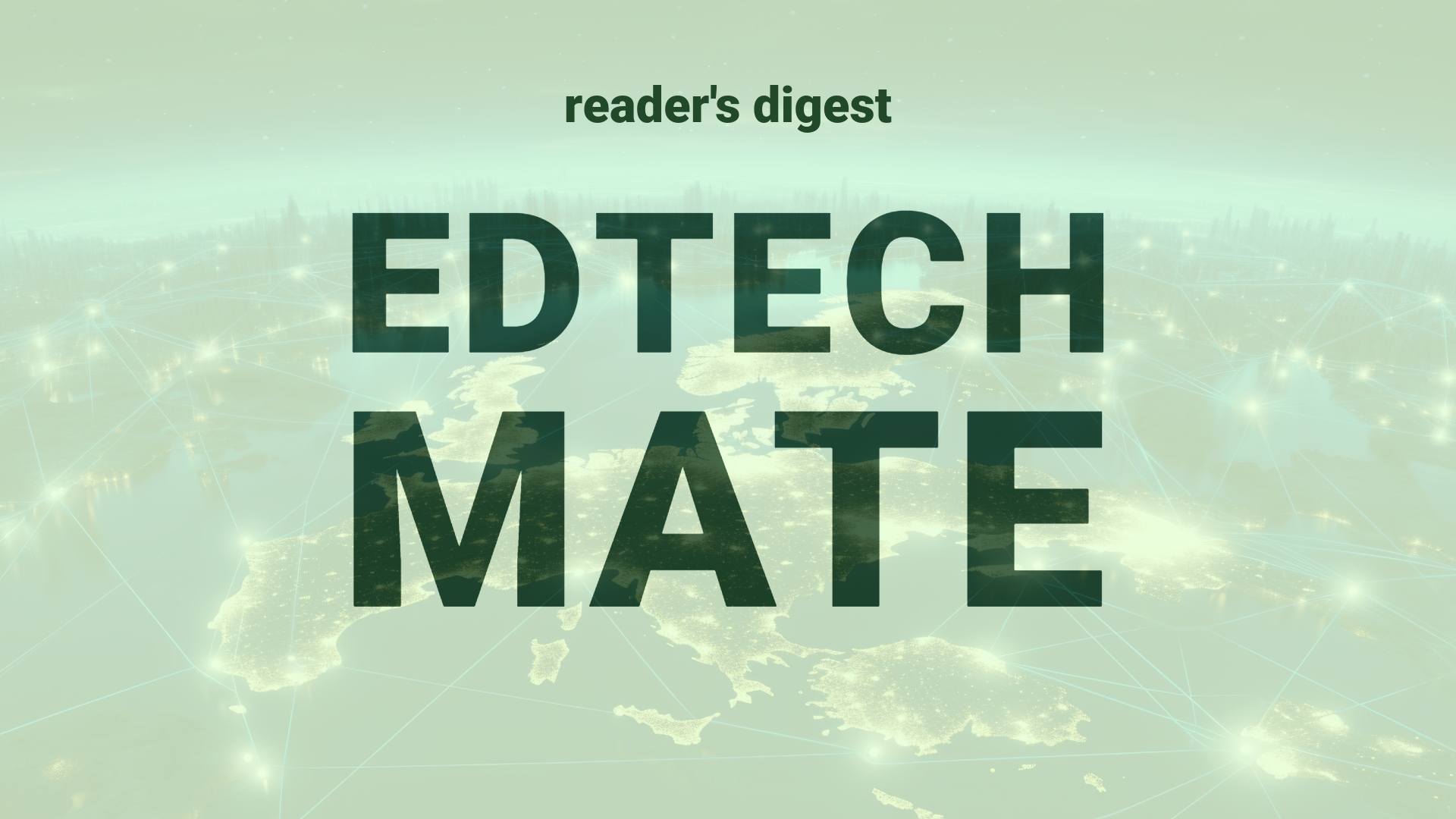“`html
Executive Summary and Main Points
In a landscape shaped by academic competitiveness and metric evaluation, researchers are increasingly employing “dirty tactics” to boost their published paper count, citation metrics, and consequently, their access to grants and advancement opportunities. Such strategies risk compromising the integrity of peer-reviewed publications and potentially inflate academic qualifications without corresponding contributions to the field. Tactics include: simultaneous submissions to multiple journals, creation of “paper mafias,” coercive citation practices during peer review, strategic delays in peer reviewing to benefit personal research, author intimidation to secure paper credit, and redundant publishing with marginal novelties.
Potential Impact in the Education Sector
The prevalence of these tactics could jeopardize the value of Further Education and Higher Education. Meanwhile, the credibility of Micro-credentials, which rely on academic legitimacy, could also be threatened. The cultivation of such practices undermines trust in academic rigor and may deter strategic partnerships. However, increased digitalization may provide tools for detecting and mitigating these harmful activities through better tracking and scrutiny of academic contributions.
Potential Applicability in the Education Sector
AI and digital tools could be applied to monitor the submission patterns of academics, track citation networks for abnormal patterns indicative of “paper mafias,” and provide transparent peer review processes. Implementing AI-based plagiarism and pattern recognition software could help identify redundant publications and ensure that contributions are both original and substantive.
Criticism and Potential Shortfalls
Such underhanded approaches can disproportionately affect early-career researchers and lead to a culture where quantity is prized over quality. Internationally, these practices may not be evenly distributed, which could bias perceptions of research contributions. Ethical concerns arise when considering the privacy and autonomy of researchers in an environment of increased surveillance by AI and digital tools. Cultural variations in academic practice also require nuanced consideration to avoid imposing a one-size-fits-all standard and potentially marginalizing non-Western scholarship.
Actionable Recommendations
Educational leaders should invest in creating robust, AI-enhanced publication tracking systems while ensuring ethical guidelines are respected. They should promote the importance of academic integrity to students and faculty, and create incentives that reward quality over quantity in scholarship. Educators could also facilitate workshops on ethical research conduct, diversity in scholarship, and the importance of mentorship, thereby fortifying an academic culture rooted in collaboration rather than self-serving tactics.
“`

